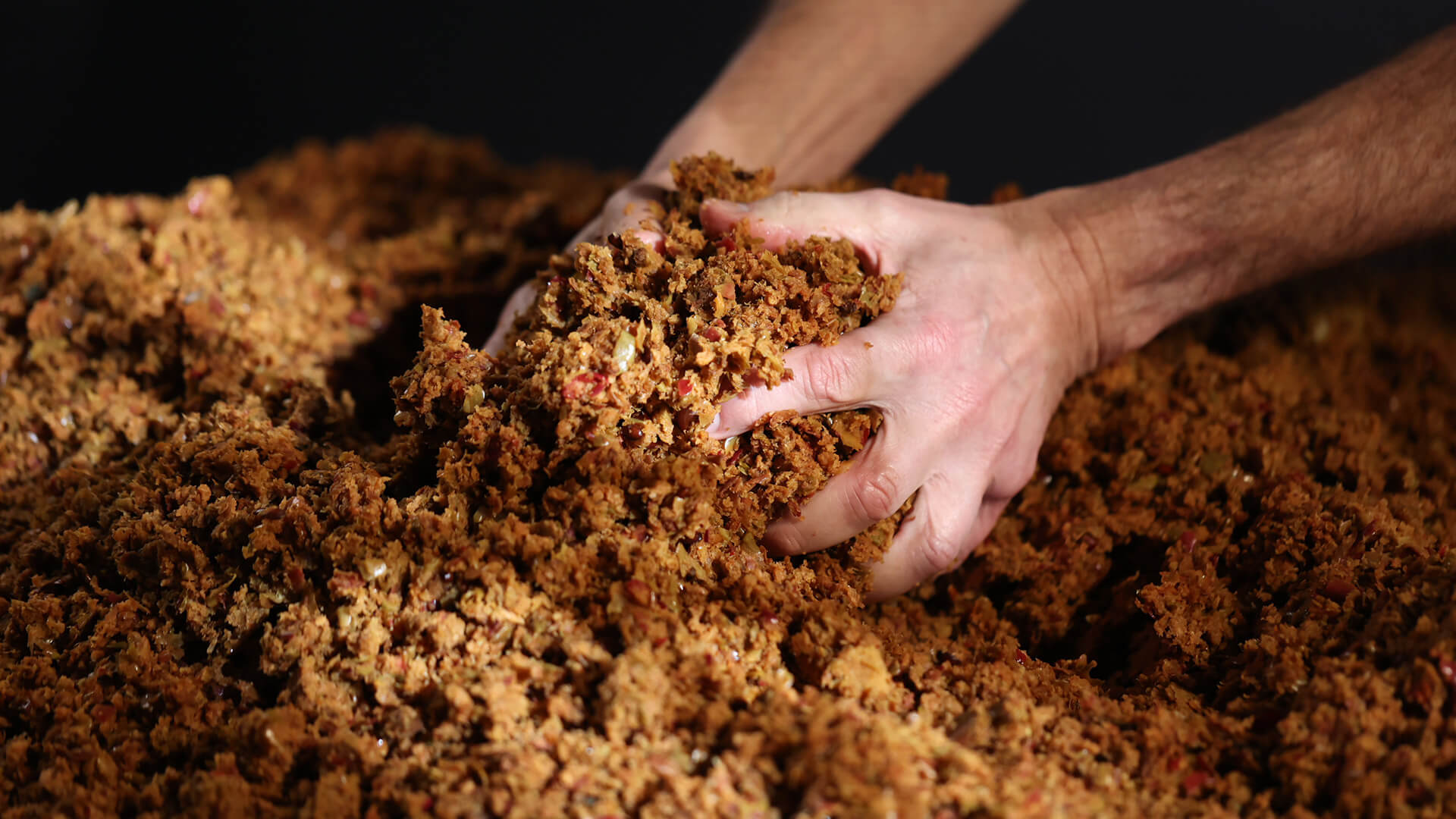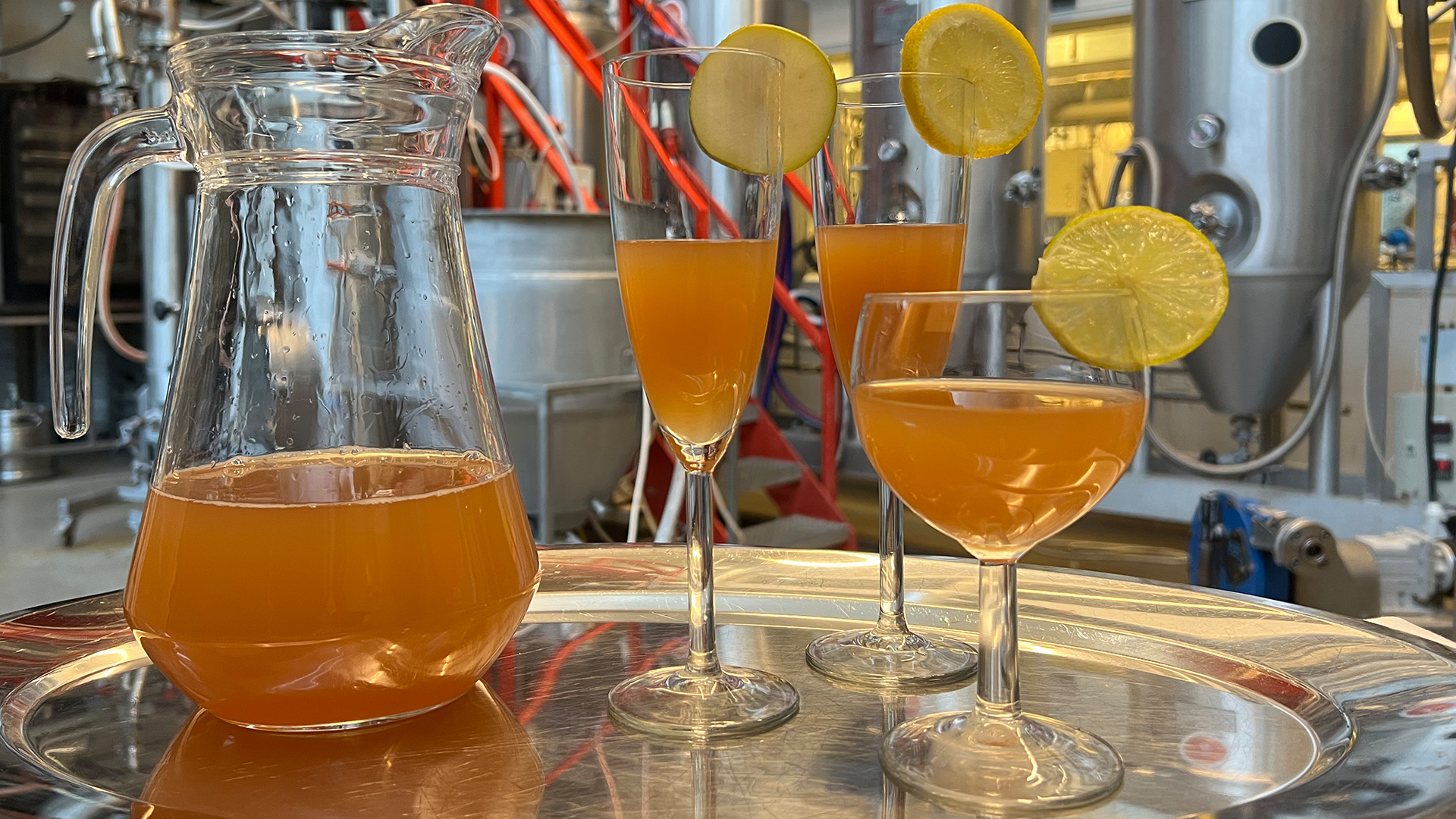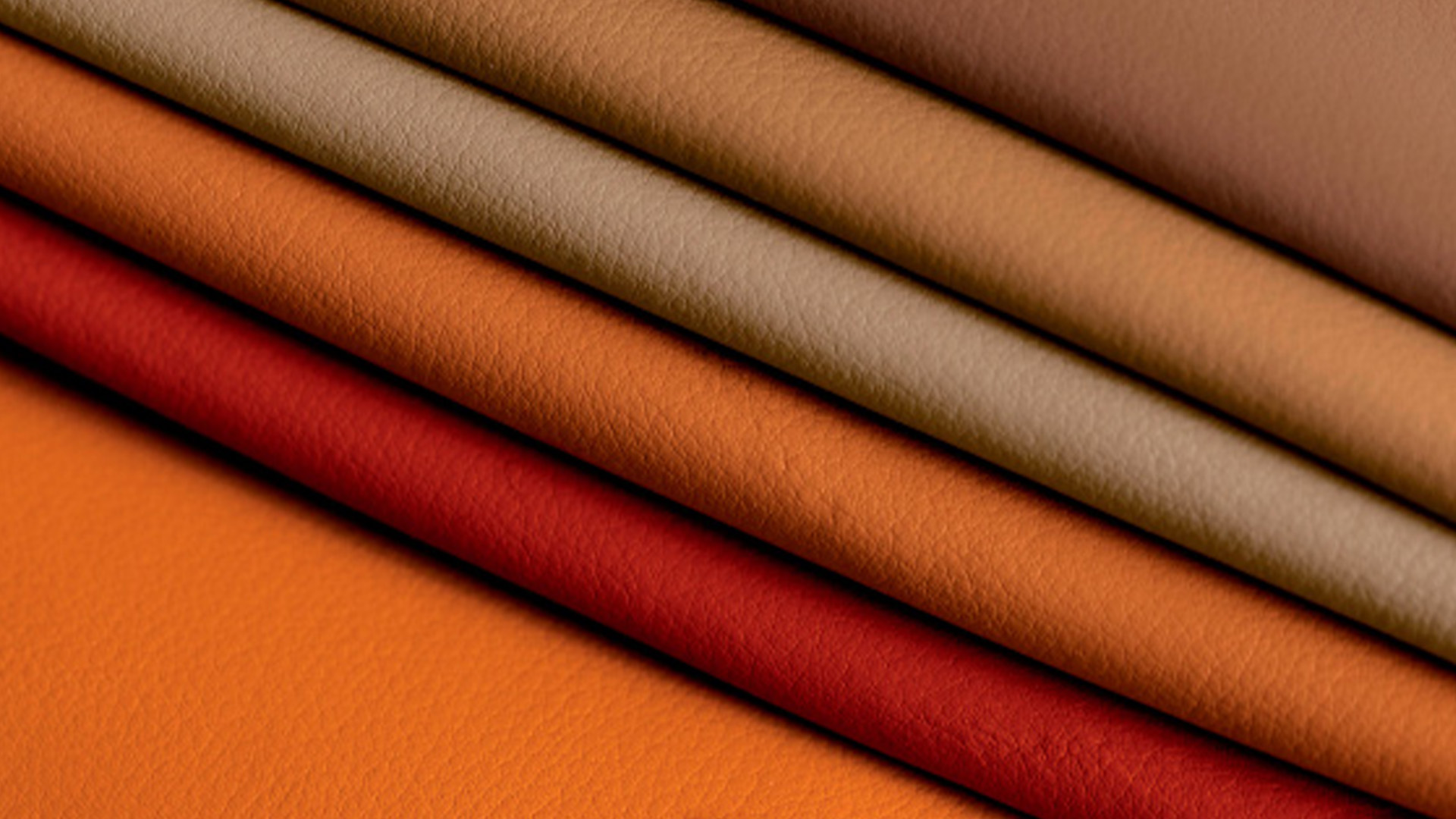Taste is the make-or-break ingredient
For manufacturers developing new foods and beverages, one of the biggest challenges is hitting a taste profile that is spot on.
“It may well be that a company has developed a nutritious product, but if consumers do not like how it tastes, it will not succeed in the market. 90 per cent of the products that fail after they have been introduced in the market fail because of taste and texture,” says Leif Nielsen, Director of the Danish Food and Drink Federation (DI Fødevarer).
This is a reality that the people behind Bioflavours are highly aware of, and they have also worked intensively to find the right taste profile for their product, including with two grants from DTU earmarked for the maturation of business ideas.
They describe the product they make with the fermented liquid as an apple-flavoured soft drink that resembles both juice and cider yet does not taste like either.
The start-up has also successfully experimented with adding mint or ginger and a small amount of sugar to sweeten the product a little. In this way, they can expand the range as needed.
The soft drink has been served as samples at events at DTU with a wide audience. Here, Bioflavours has taken a scientific approach and collected users’ reactions to the product with the help of SensiMate—another DTU startup that has developed an online platform for conducting user surveys. Bioflavours uses this valuable information in its ongoing work to achieve the best taste experience for the widest circle of consumers.
Profitability is key
It is one thing to make a product that consumers want to buy. But the business model stands or falls with the product’s ability to be manufactured at a price that consumers are willing to pay and that the start-up can make money from. Several factors strengthen the profitability of the concept:
Bioflavours can buy pulp in large quantities for very little money. The bacteria that will kick-start the fermentation process are already present in DTU Food’s collection of bacterial strains, which means that it is not necessary to purchase starter cultures. And the excess dry pulp becomes a source of income when it is sold to ‘leather’ manufacturers.
The team behind the start-up expects to be able to launch the product this summer.


